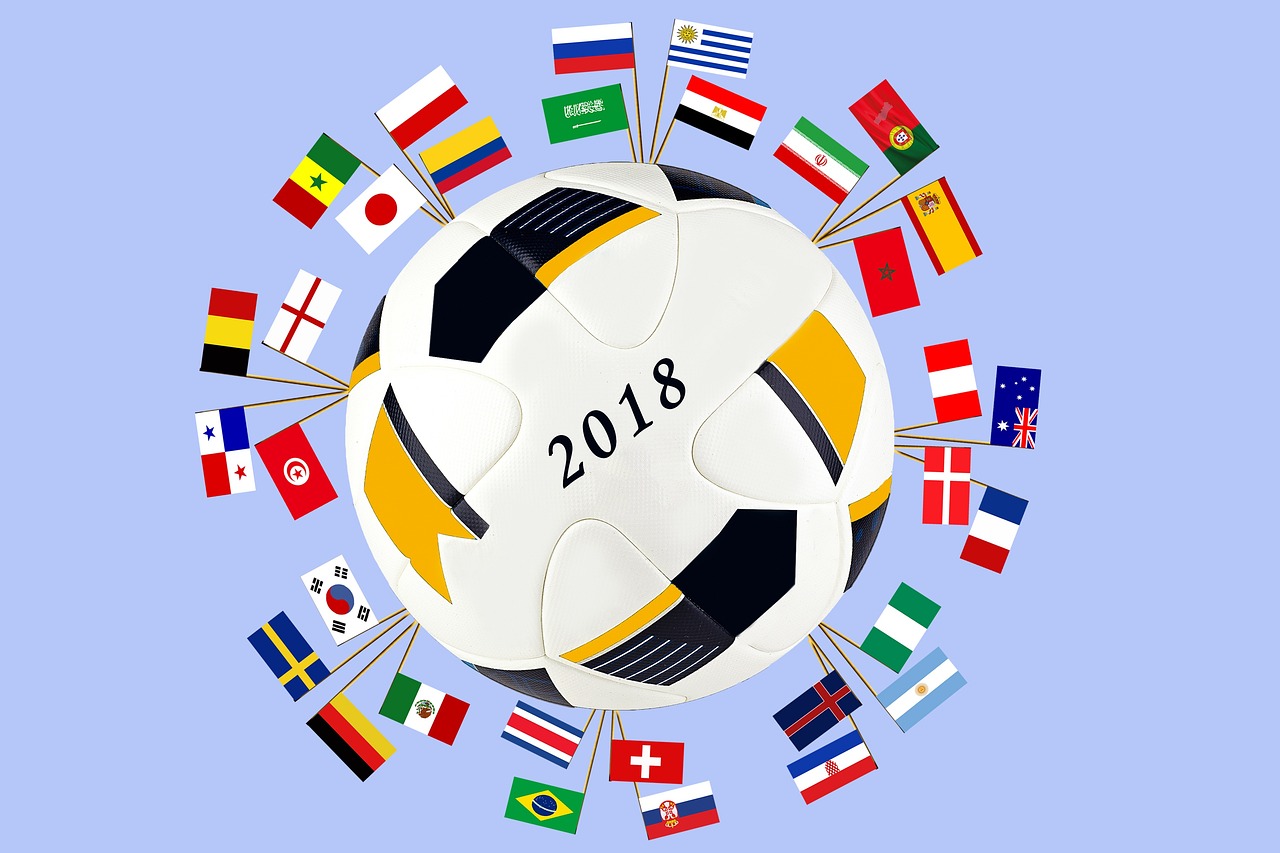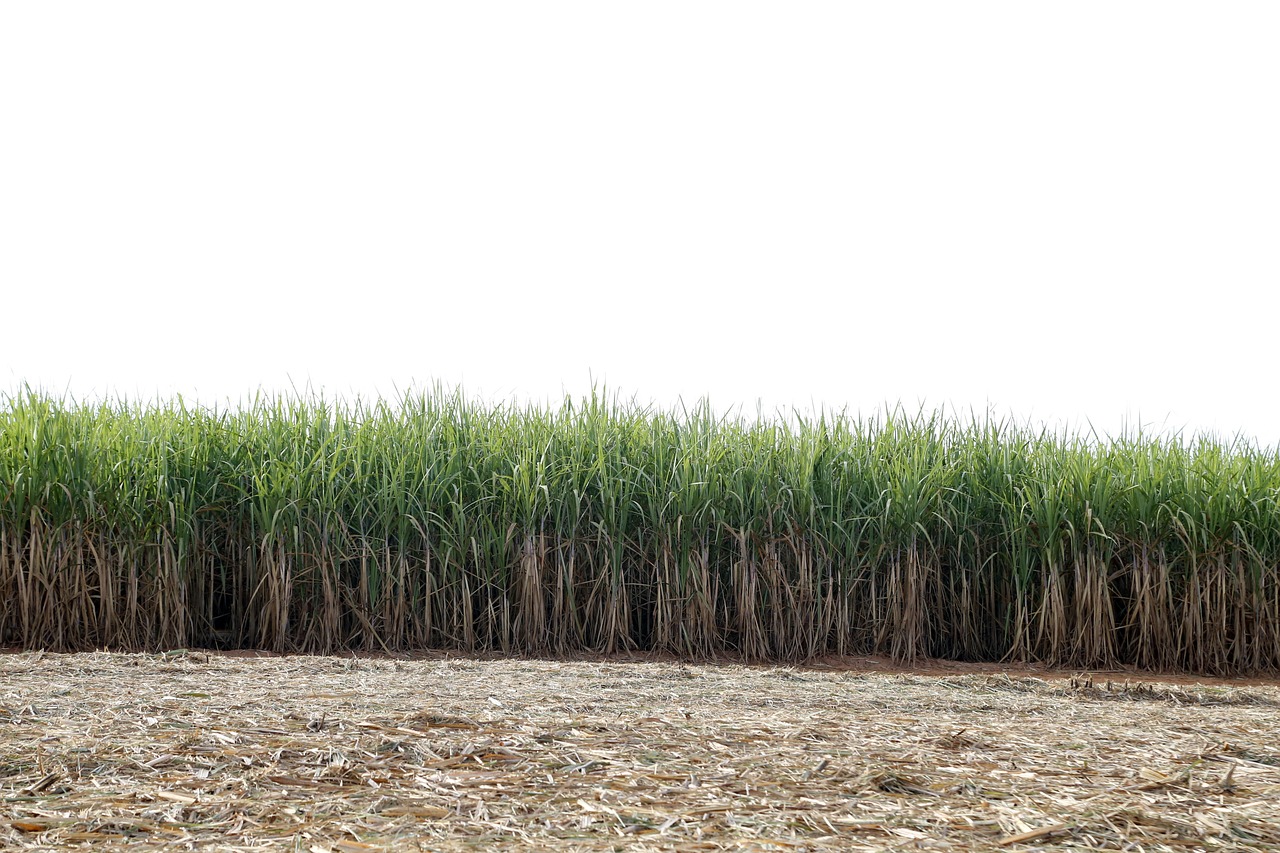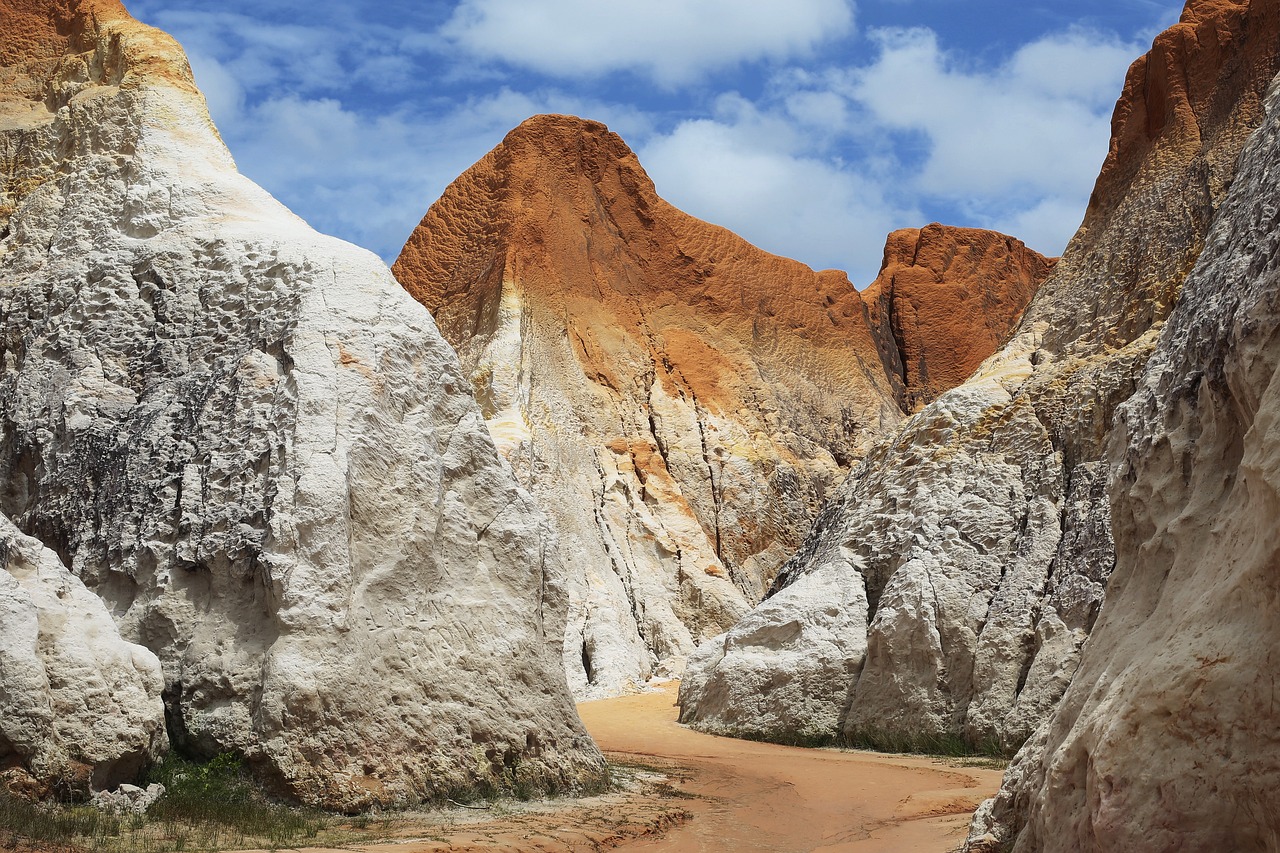Brazil Video
Emergency Services: What to Know While in Brazil
Brazil is a stunning country known for its vibrant culture, beautiful landscapes, and warm hospitality. However, like any other destination, it’s important to be aware of the emergency services available to ensure your safety and well-being. This article will provide detailed information about emergency services in Brazil, including medical assistance, police services, and contact information for emergencies.
Medical Services
When it comes to medical emergencies in Brazil, there are several options available for seeking assistance. It is advisable to have travel insurance that covers medical expenses in case of an emergency. The following are some important points to know about medical services in Brazil:
- Hospitals: Brazil has a comprehensive network of public and private hospitals. Public hospitals provide free emergency medical care, but the quality of services may vary. Private hospitals offer high-quality medical care but can be expensive without insurance.
- Emergency Rooms: Emergency rooms, known as “Pronto-Socorro” in Portuguese, are available in most hospitals. They provide immediate medical attention for serious injuries and illnesses.
- Ambulance Services: SAMU (Serviço de Atendimento Móvel de Urgência) is the national emergency ambulance service in Brazil. It operates 24/7 and can be reached by dialing 192. SAMU provides pre-hospital care and transportation to the nearest appropriate medical facility.
- Pharmacies: Pharmacies, known as “Farmácias” in Portuguese, are widely available in Brazil. They can provide over-the-counter medications and basic medical advice.
Police Services
Understanding the police services and emergency contacts in Brazil is essential for your safety. The following points provide relevant information about police services in Brazil:
- Police Force: The police force in Brazil is divided into two main branches: the Civil Police and the Military Police. The Civil Police handle investigations, while the Military Police maintain public order and respond to emergencies.
- Emergency Contact: In case of an emergency requiring police assistance, dial 190 to reach the Military Police. It’s important to note that some officers may not speak English, so it’s helpful to have a local or a translator assist you if possible.
- Tourist Police: Many major cities in Brazil have Tourist Police stations, known as “Polícia de Turismo.” These specialized units provide assistance to tourists, including language support and guidance.
- Reporting Crime: If you become a victim of a crime, it’s important to report it to the police. The police report, known as a “Boletim de Ocorrência,” is necessary for insurance claims and legal purposes.
Emergency Contacts
In case of any emergency while in Brazil, it is crucial to have the necessary contact information readily available. Here are some important emergency contacts to keep in mind:
- Police Emergency: Dial 190 to reach the Military Police in case of emergencies requiring police assistance.
- Ambulance: Dial 192 to contact SAMU (Serviço de Atendimento Móvel de Urgência) for medical emergencies and ambulance services.
- Fire Department: Dial 193 to reach the Fire Department in case of fire emergencies.
- Tourist Police: Look for local Tourist Police stations or ask for assistance at your accommodation for specialized tourist support.
Brazil Image 1:

Emergency Preparedness
While it’s essential to know the emergency services available, it’s equally important to be prepared for potential emergencies. Consider the following points to enhance your emergency preparedness in Brazil:
- Travel Insurance: Obtain comprehensive travel insurance that covers medical emergencies, trip cancellations, and lost belongings.
- Emergency Contacts: Save the emergency contact numbers mentioned above in your phone and keep a written copy in case of a lost or stolen phone.
- Language Assistance: Learn some basic Portuguese phrases or keep a translation app handy to communicate with locals during emergencies.
- Stay Informed: Stay updated on local news, weather conditions, and any potential safety risks in the area you are visiting.
Brazil Image 2:

Traveling with Medications
If you require prescription medications, it’s important to plan ahead and ensure a smooth experience while traveling in Brazil. Consider the following tips when traveling with medications:
- Prescription Documentation: Carry a copy of your prescription, including the generic names of your medications, in case you need to replace them or seek medical assistance.
- Medication Packaging: Keep your medications in their original packaging, clearly labeled with your name and dosage instructions.
- Translation: If your medications are labeled in a language other than Portuguese, consider having a translated copy of the prescription or a note explaining the purpose of the medication.
- Carry Extra: Pack extra medication in case of unexpected delays or extended stays.
Brazil Image 3:

Conclusion
In conclusion, being aware of the emergency services available in Brazil is crucial for a safe and enjoyable trip. Familiarize yourself with the medical services, police contacts, and emergency numbers. Prepare for potential emergencies by obtaining travel insurance, staying informed, and carrying necessary documentation. By taking these precautions, you can have peace of mind while exploring the beautiful country of Brazil.
References
– World Nomads: www.worldnomads.com
– Brazil Travel Advisory: travel.state.gov
– SAMU – Serviço de Atendimento Móvel de Urgência: www.saude.gov.br
– Embassy of Brazil: www.brasilemb.org
– Brazilian Federal Police: www.pf.gov.br


